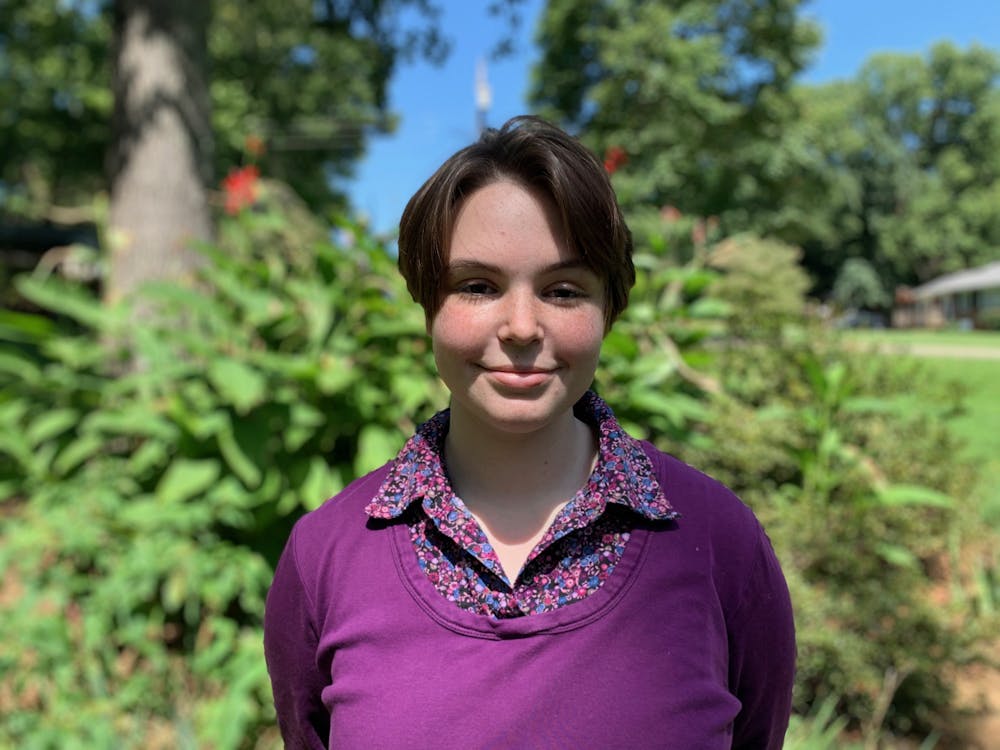There are at least seven deadly sins in queer film. There are more, of which I’m ardently aware. But, for the sake of mnemonics, in this article there are seven.
Sins specific to sapphic films usually include: obnoxious age gaps, lack of queer actors, male directors and production team, inherent male gaze, lack of representation for people of color, over/undersexualization, period pieces and the death or separation of the love interests.
Let me provide some context. A friend recently made an algorithm to test for these sins; what we found was that most “good” films and shows will have at least a few. Most of these films are made by straight men with actors that are not queer. However, they’ve become normalized by a community so desperate for the smallest bit of representation that these “sins” are accepted.
This is especially evident in films made about sapphic relationships. The reasoning behind this being that sapphic women are the only sect of the community that don’t cater to men in any way. Therefore, they tend to be portrayed as either simpering “suffering sapphos" or oversexualized as a way to cater to aforementioned men.
There are a few films that have emerged as “gold-standard” as they were all groundbreaking in their own way: "Rafiki," "The Watermelon Woman," "Saving Face" and "Bessie," among others. However, film aside there are even less television shows that don’t suffer from most if not all of these sins. And no, "The L Word" doesn’t count. It would hit just about every single sin listed above.
One recent show stands out: "Ratched," which premiered last fall on Netflix. First, I will acknowledge that it is a period piece and has a male director — but a queer male director. Ryan Murphy, best known for "American Horror Story," was behind the camera on this production. "Ratched" was despised by most film critics, but lauded within the community for several reasons.
The characters are age-appropriate, both of the actresses — Sarah Paulson and Cynthia Nixon — are queer. There’s no inherent male gaze, and there is no woman used as a “prop” for male desire. Think of a Ernest Hemingway or Philip Roth novel when assessing for the above. The hate came mainly from its excessive use of camp.
"The essence of Camp is its love of the unnatural: of artifice and exaggeration,” Susan Sontag, a famous queer philosopher, once said.
"Ratched" was no more disturbing than "American Horror Story"; it simply wandered too far into the mainstream to be accurately appreciated.



